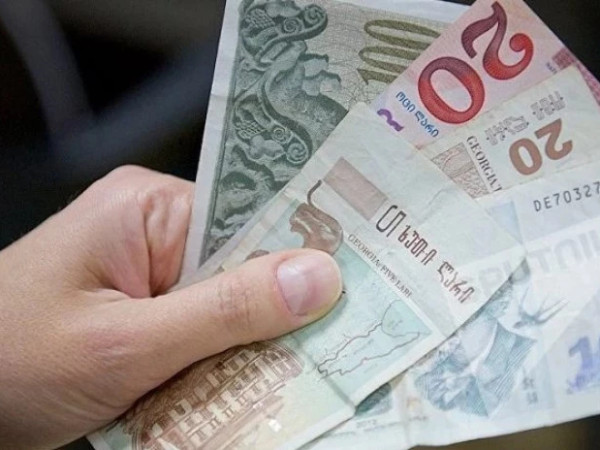President of the Israel-Georgia Chamber of Business and founder of the Israeli House, Itsik Moshe, asserts that Georgia should partially take over Turkey's role in trade.
He notes that there is significant potential for cooperation between Georgia and Israel, particularly now that exports to Israel have decreased due to political tensions with Turkey:
"As soon as the $10 billion export from Turkey was halted due to political issues, we promptly engaged and began collaborating with members of the Economic Committee in Israel."
Georgia should partially replace Turkey – this is the core objective. I am confident that the Georgian Minister of Agriculture can achieve this, and the agreement between the ministers is facilitating progress. We have also initiated efforts to encourage Georgian companies to obtain kosher certifications. This encompasses wine, tea, nuts, and other products that will bolster exports to Israel," the president of the Georgian-Israeli Chamber of Commerce states.
Note: earlier this month, Turkey has decided to bar Israeli vessels from using its ports, forbid Turkish ships from using Israeli ports and impose restrictions on planes entering Turkish airspace. The guarantee letter should state that vessel owners, managers, and operators have no ties to Israel, and that certain types of cargo, including explosives and radioactive materials or military equipment, are not on board en route to Israel. Consequently, economic relations between Turkey and Israel have reached an all-time low.
Achieving business objectives necessitates prompt and decisive action. When Turkey began trading with Israel, an economic group from Georgia was expected to participate, with the initial goal of exporting 100 million dollars to Israel, followed by 200 million dollars, and ultimately reaching 500 million dollars within five years.
It is worth noting that exports from Georgia to Israel have been on the rise in recent years. From January to August this year, exports to Israel totaled $32 million compared to $22.7 million in the same period of 2024, and $13.5 million in January-July 2023.
The primary exports this year include fertilizers ($2.9 million), nuts and walnuts ($2.8 million), as well as extracts, essences, and concentrates of coffee, tea, or mate ($2.1 million).


















